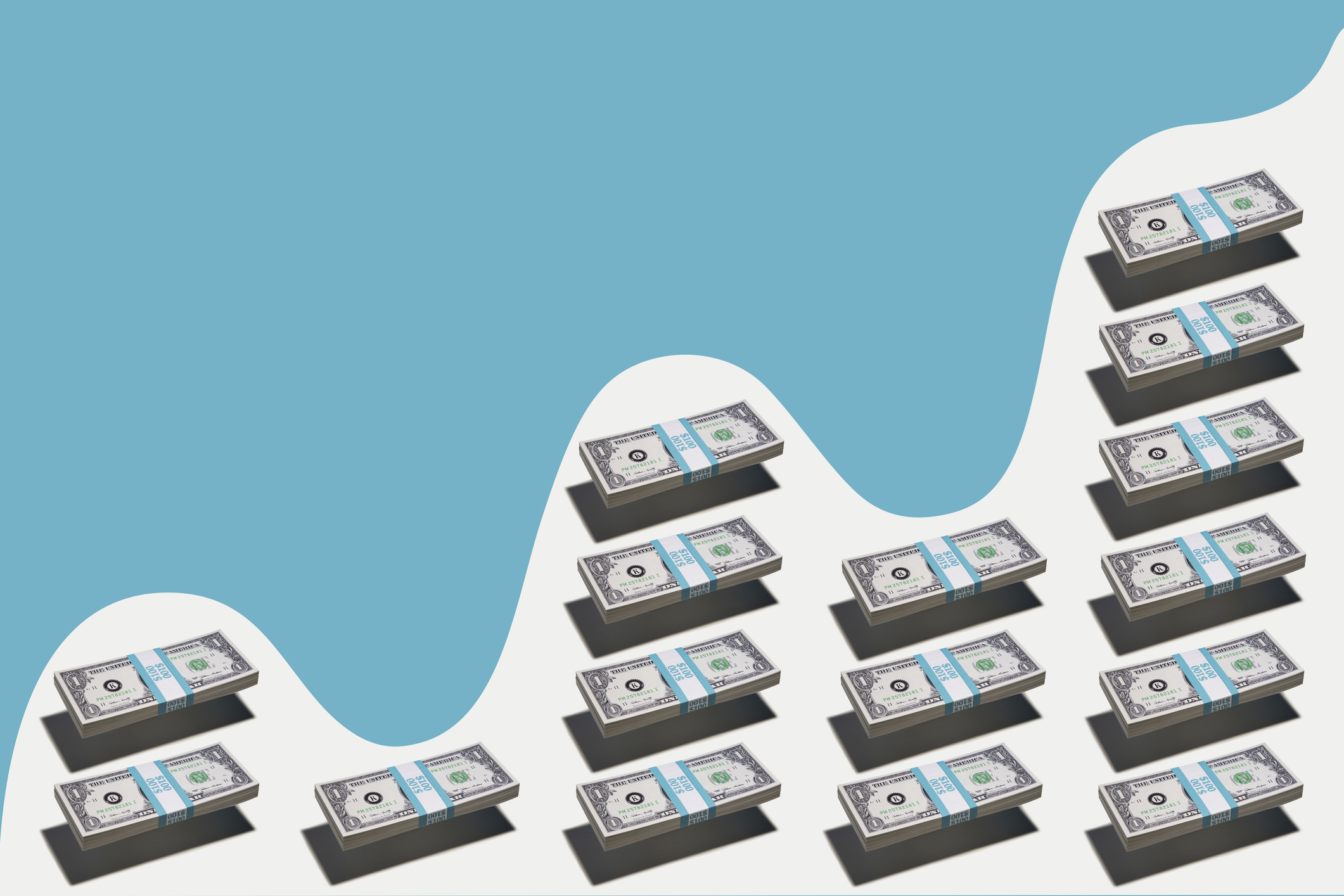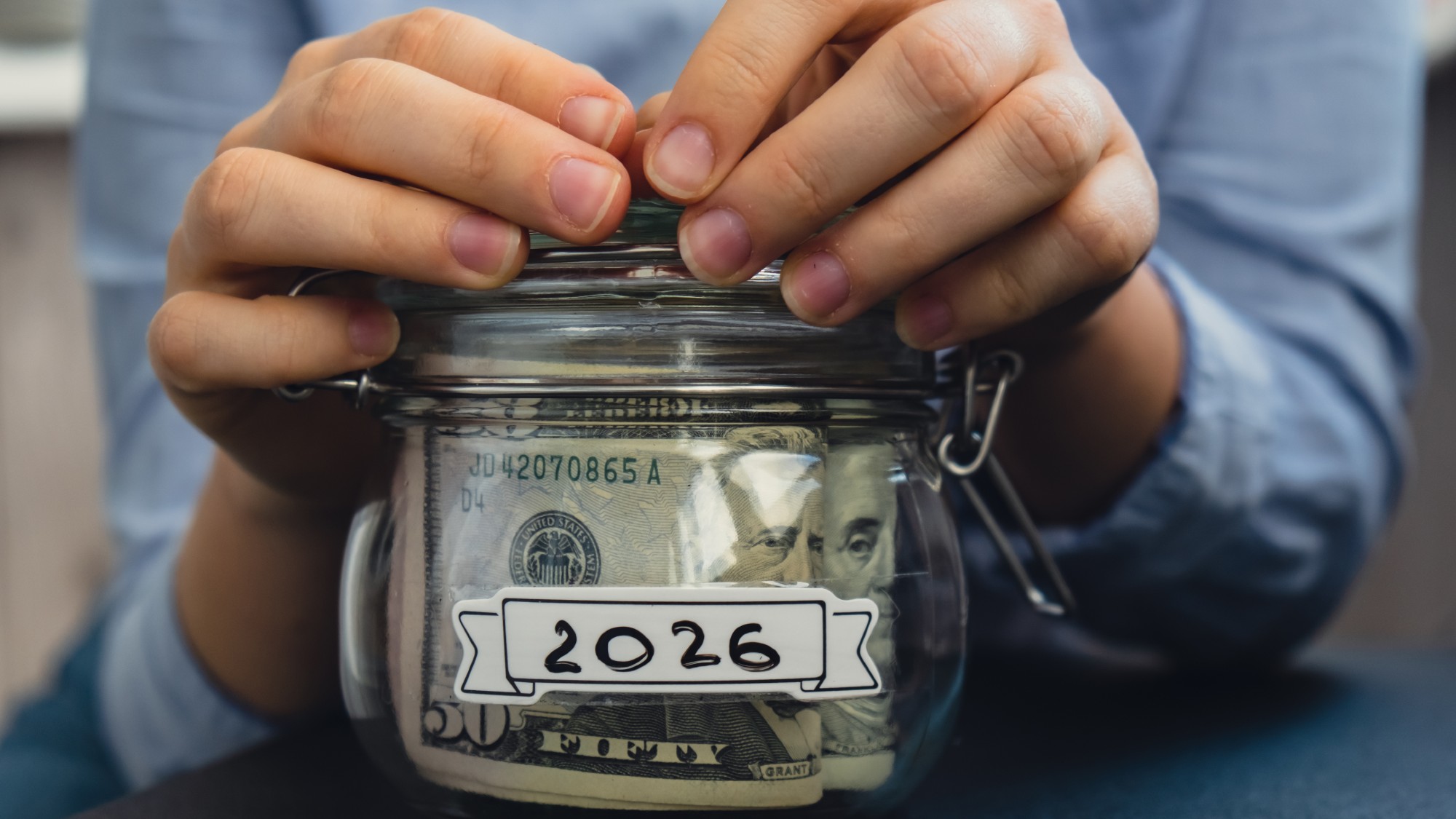What are the Magnificent Seven stocks and why do they matter?
It might seem like a no-brainer to dump your money into these Magnificent Seven stocks — but not so fast


If you've had your eye on any stock-related news in recent months, there's a good chance you've come across "the Magnificent Seven." If you're not yet familiar, you're not that far behind — the name was only recently coined by Bank of America analyst Michael Hartnett in 2023, per Investopedia.
"Originally, the phrase was a reference to a 1960 Western film, 'The Magnificent Seven,' which was directed by John Sturges and depicts a group of seven gunmen," reports Investopedia. But today, it's "been repurposed to reference a group of seven high-performing and influential stocks in the technology sector, borrowing from the meaning of a powerful group."
What are the Magnificent Seven stocks?
The Magnificent Seven is made up of the following seven stocks:
The Week
Escape your echo chamber. Get the facts behind the news, plus analysis from multiple perspectives.

Sign up for The Week's Free Newsletters
From our morning news briefing to a weekly Good News Newsletter, get the best of The Week delivered directly to your inbox.
From our morning news briefing to a weekly Good News Newsletter, get the best of The Week delivered directly to your inbox.
- Apple (AAPL)
- Microsoft (MSFT)
- Alphabet (GOOG and GOOGL)
- Amazon (AMZN)
- NVIDIA (NVDA)
- Tesla (TSLA)
- Meta Platforms (META)
As The Motley Fool notes, "all seven companies are focused on capitalizing on large technology-driven growth trends," though technically, five are tech stocks, and the other two are tech-focused consumer discretionary stocks."
Why are these stocks deemed the Magnificent Seven?
So what makes these seven stocks so, well, magnificent? Put simply by NPR, in 2023, "the S&P 500's impressive performance is actually thanks almost entirely to just a handful of stocks" — the Magnificent Seven. According to Kiplinger, "in 2023, the Magnificent Seven stocks logged an impressive average return of 111%, compared to a 24% return for the broader S&P 500."
According to Investopedia, there are a culmination of factors driving these stocks' magnificent performance: "adaptability," "strong financial health," "global reach," "strong market position," and "worldwide brand recognition." As Investopedia explains, these companies "are at the forefront of technological changes across the economy, and they consistently develop new products and services that drive consumer demand and business growth."
A free daily email with the biggest news stories of the day – and the best features from TheWeek.com
Should you invest in the Magnificent Seven stocks?
It might seem like a no-brainer to dump your money into these Magnificent Seven stocks — but not so fast. As Kiplinger points out, "these Magnificent Seven stocks are not bulletproof." In fact, just in 2022, "all seven of these names finished the year with double-digit percentage losses," reports Kiplinger.
There are other risks to weigh as well. Per The Motley Fool, "one of the biggest risks of investing in these stocks is their high valuations" — in other words, "it could be hard for those already large companies to grow into their valuations in the future, potentially causing their stock prices to underperform." Further, according to The Motley Fool, "tech spending tends to be cyclical," which means that "if there's a recession and economic growth slows, it could significantly affect the growth of the Magnificent Seven."
Other risks to take into consideration when it comes to the Magnificent Seven include "regulatory and legal risks," "technological disruption," "market saturation and competition," and "cybersecurity threats," among others, reports Investopedia.
So what does that all mean for your portfolio? As Kiplinger puts it, "prudent investors must stay aware of market environments and diversify their portfolios." Investopedia offers similar advice, noting that "while the Magnificent Seven offer potential for substantial growth, they also require careful analysis and a balanced approach considering their strengths and the various external factors that could influence their future trajectory."
Becca Stanek has worked as an editor and writer in the personal finance space since 2017. She previously served as a deputy editor and later a managing editor overseeing investing and savings content at LendingTree and as an editor at the financial startup SmartAsset, where she focused on retirement- and financial-adviser-related content. Before that, Becca was a staff writer at The Week, primarily contributing to Speed Reads.
-
 Is social media over?
Is social media over?Today’s Big Question We may look back on 2025 as the moment social media jumped the shark
-
 Should parents stop tracking their kids?
Should parents stop tracking their kids?Talking Point Experts warn the line between care and control is getting murkier – and could have consequences
-
 How drones have detected a deadly threat to Arctic whales
How drones have detected a deadly threat to Arctic whalesUnder the radar Monitoring the sea in the air
-
 How to financially prepare for divorce
How to financially prepare for divorceThe Explainer Facing ‘irreconcilable differences’ does not have to be financially devastating
-
 Why it’s important to shop around for a mortgage and what to look for
Why it’s important to shop around for a mortgage and what to look forThe Explainer You can save big by comparing different mortgage offers
-
 4 ways to save on rising health care costs
4 ways to save on rising health care costsThe Explainer Health care expenses are part of an overall increase in the cost of living for Americans
-
 4 ways to streamline your financial life in 2026
4 ways to streamline your financial life in 2026the explainer Time- and money-saving steps
-
 4 tips to safeguard your accounts against data breaches
4 tips to safeguard your accounts against data breachesThe Explainer Even once you have been victimized, there are steps you can take to minimize the damage
-
 Received a windfall? Here is what to do next.
Received a windfall? Here is what to do next.The Explainer Avoid falling prey to ‘Sudden Wealth Syndrome’
-
 How to save more for retirement next year
How to save more for retirement next yearthe explainer Secure yourself a suitable nest egg
-
 Received a gift card this holiday season? Here’s how to maximize it.
Received a gift card this holiday season? Here’s how to maximize it.The Explainer Make the most of your present
